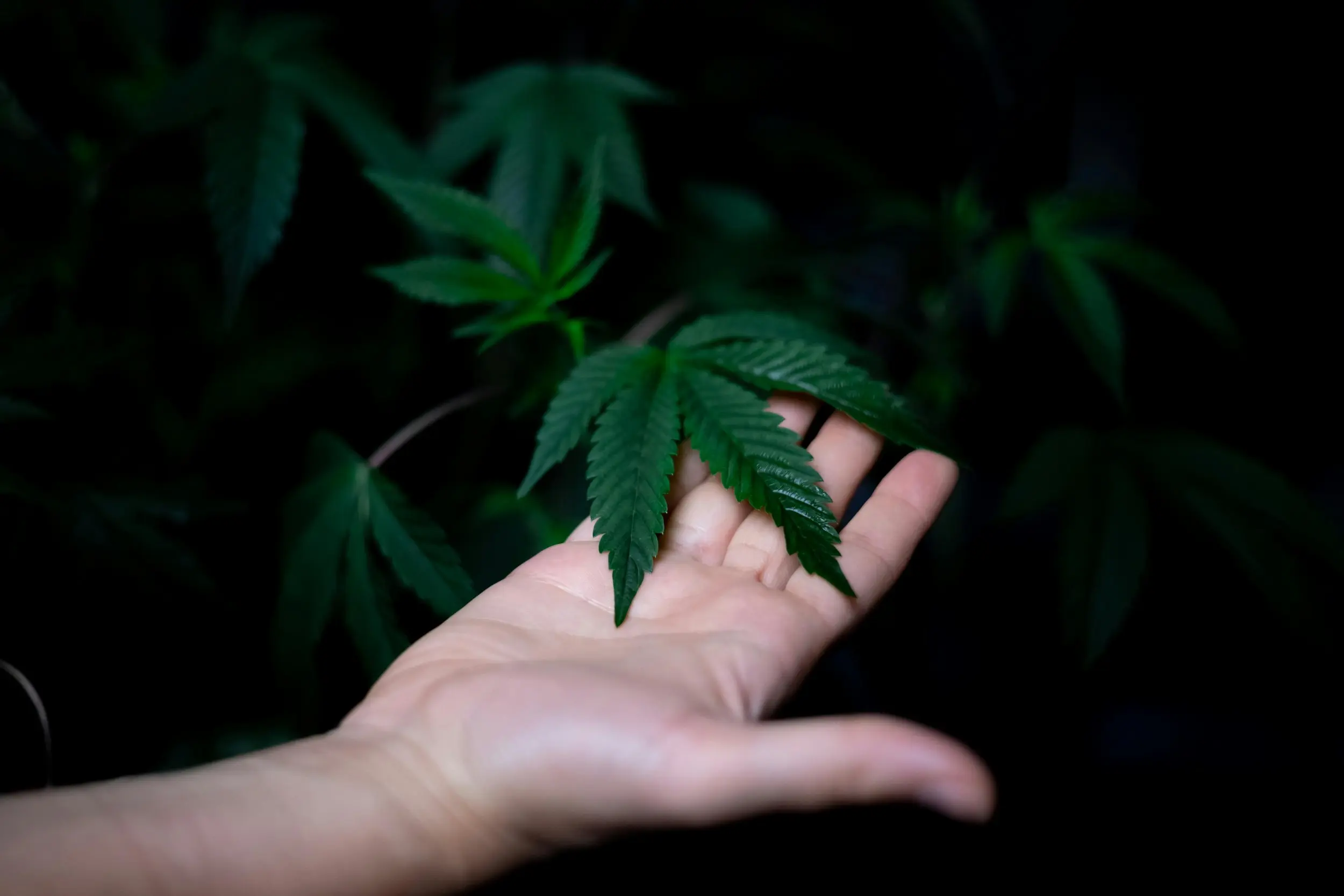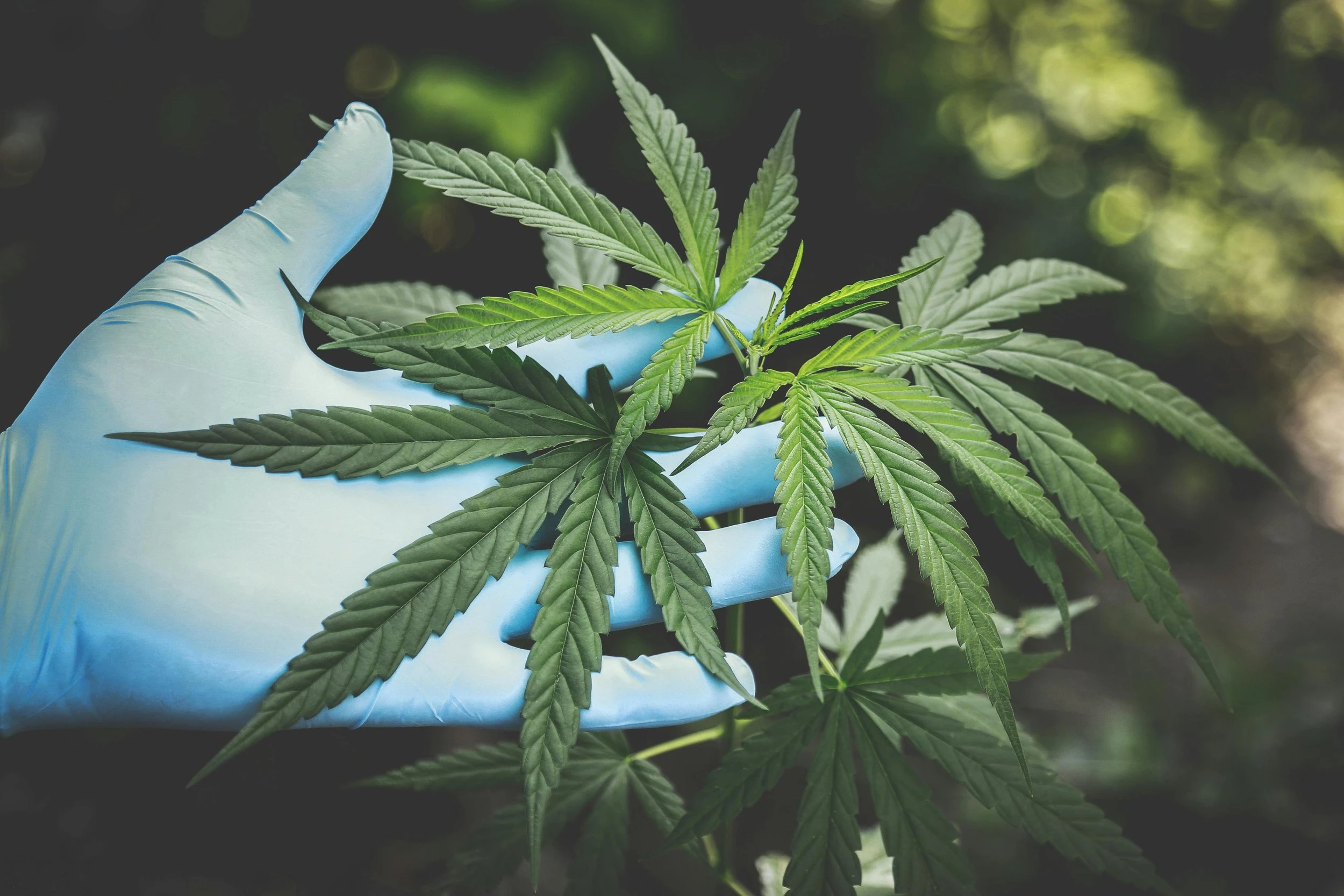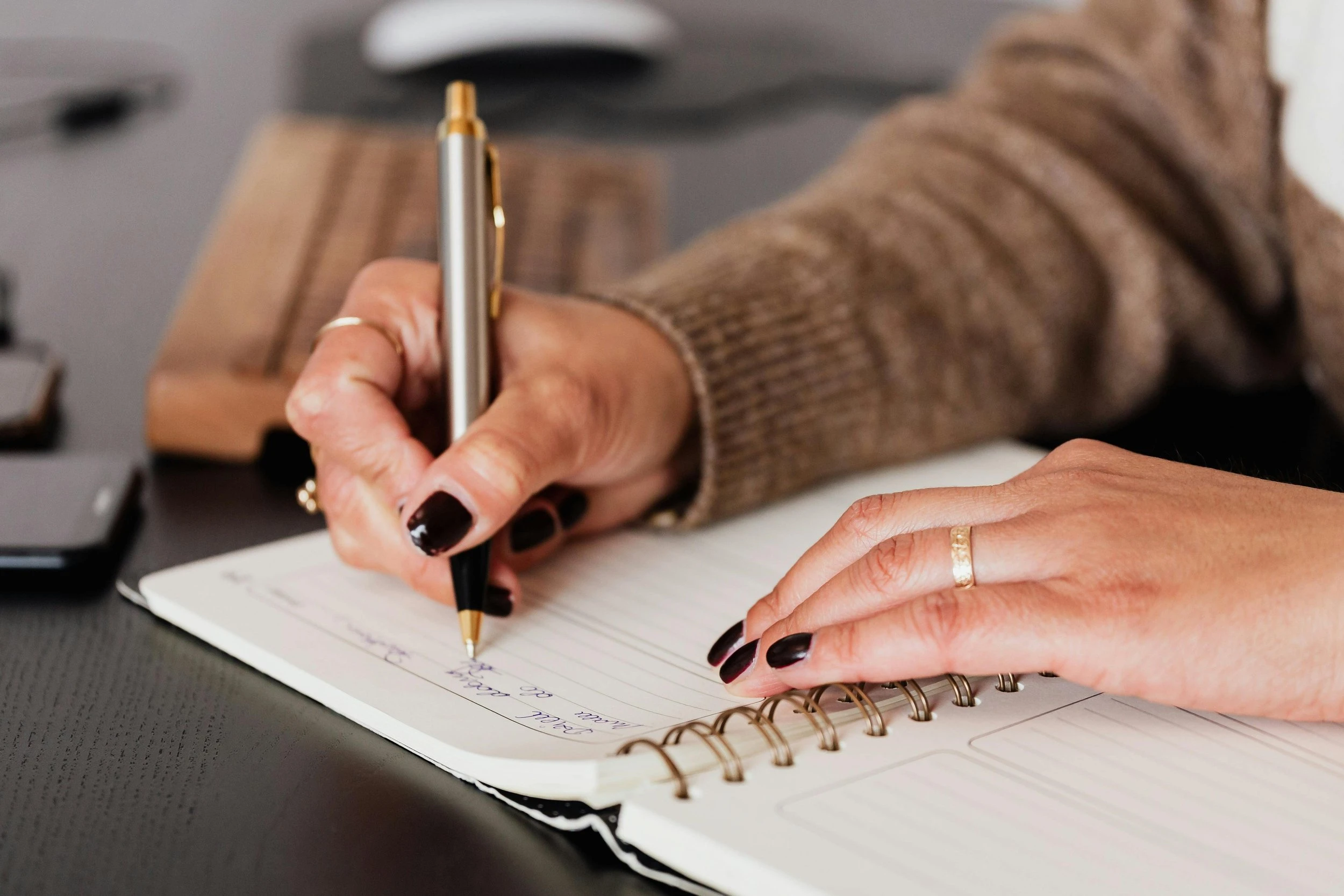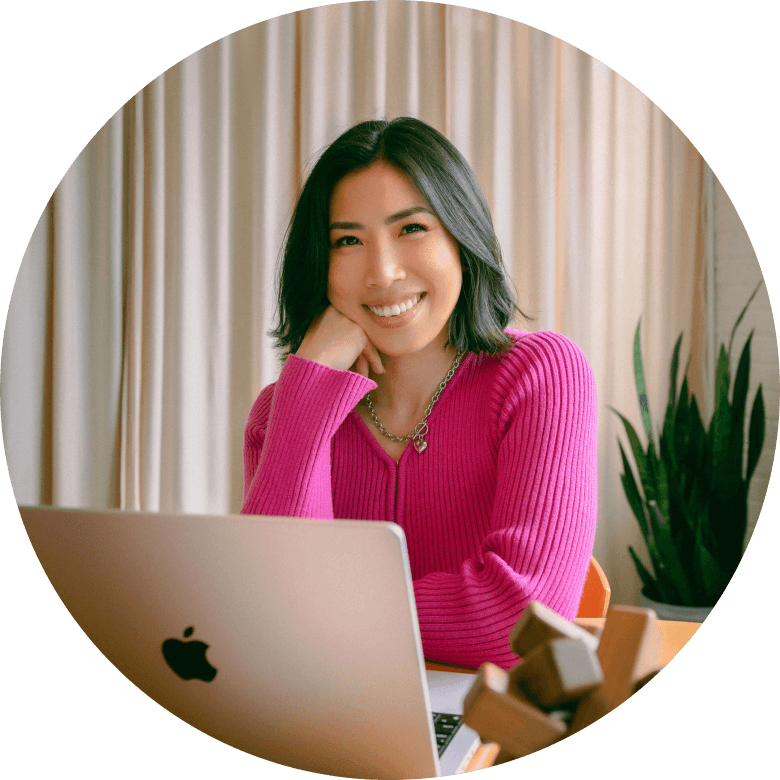
This blog post may contain affiliate links where I may earn commission from qualifying purchases. This blog post is not intended to promote cannabis use and is not medical, health or professional advice. All opinions expressed in this blog post are my personal views and are intended for educational and entertainment purposes only. Information provided in this blog posts including without limitation information regarding product attributes is provided as general information.
Introduction
The other day, I got into a terrible fight with my partner. After we had calmed down and were starting to repair, my partner said he wanted to smoke a joint to help with calming down, a habit that he’s used to. Or you can call it a ritual.
Normally, I’d be okay with this, but this time, it stopped me in my tracks. I’m all for using cannabis as a tool to help improve one’s physical and mental health. But I think there’s a fine line here, especially when cannabis is constantly the first or only solution to your problems.
But suppose you're someone who uses cannabis as a therapeutic tool and for recreational purposes, meaning that you have certain challenges in your life that you use cannabis to help address such as stress relief, insomnia, post-workout recovery, pre-workout, or more casual, less severe ailments. In that case, this blog post is just for you.
Today, I’m going to talk about why some people end up developing an unhealthy relationship with cannabis, why cannabis can eventually become a crutch in one’s life, how to know when you have an unhealthy relationship with cannabis, and how to either reduce your cannabis use or change the relationship in which you use the plant.
You mustn’t take what I say as gospel because everyone is unique, so just because I'm saying one thing doesn’t mean it applies to you. I also don’t want you to feel like I’m shaming you, because this isn’t what this post is about.
Today’s conversation is really about being honest with ourselves and reflecting on whether we use the plant as a compliment to our lives or if it’s holding us back from addressing underlying root causes of issues in our lives.
My Background with Cannabis
I have 10 years of experience using the plant on and off. In my earlier years, I wasn’t mindful. Over the last five years, I’ve changed my relationship with cannabis and I love the relationship I have with it now, where I use it as a tool and it’s not my go-to answer for everything.
Why People Use Cannabis
Medical Reasons
Medical cannabis users rely on the plant to manage serious health conditions like chronic pain, PTSD, and seizures, finding relief that traditional medications often can't provide.
- Seizures
- Cancer patients
- Veterans with PTSD
- Nausea and vomiting
- Chronic pain
- Arthritis

Photo by Aphiwat chuangchoem
Therapeutic Reasons
- Sport recovery
- Anxiety
- Stress management
- Insomnia and sleep
- Period/menstrual cramps
- Anti-inflammatory and neuroprotective properties from CBD
Recreational Reasons
- Enjoyment and relaxation
- Social settings
- In lieu of alcohol
Why Some People End Up Abusing Cannabis
- Lack of education
- Lack of self-control
- Pre-existing mental health conditions
- Preference to be high than sober
Signs of an Unhealthy Relationship with Cannabis
- Dependency, tolerance developing
- Need more to feel effects, increasing dose
- Constantly thinking about it
- Negative effects when you don't use cannabis
- Negatively impacting your life and obligations (work, school, etc.)
- Unable to be sober
- Increasing frequency of consumption
- Friend or family member has brought up your consumption as a concern
- Spending more on cannabis than you want to or can afford to
How to Change Your Relationship with Cannabis
- Mindful consumption
- Setting intentions, being aware
- Pausing before you consume
- Finding alternatives to cannabis and ensuring other aspects of your life are in check
- Exercise
- Nutrition
- Relationships
- Mental health
- Track your consumption and document the experience/effects (I love using bullet journals like this one from Amazon)
- Set boundaries and breaks (extended breaks or breaks throughout the week)
- Hold yourself accountable
Journalling is a great way to track your intake and practice mindful consumption.

Photo by Karolina Kaboompics
Conclusion
You’re not alone. Your reasons for consuming are valid. To have a sustainable and healthy relationship with cannabis, it comes back to mindful consumption. Too much of anything can have negative effects, and even though cannabis has never caused a death in the history of cannabis itself, it can still have side effects when you abuse it or don’t use it responsibly.

Hey I’m Anna, also known as Cannabinista™
I’m a cannabis content creator, recipe developer, and enthusiast for the ancient plant. I’ve dedicated my platforms to helping you create a healthy relationship with cannabis through mindful consumption and providing education that resonates with the modern consumer.
My ultimate goal is to debunk traditional stoner stereotypes and myths, by showcasing the world of cannabis through my POV.


